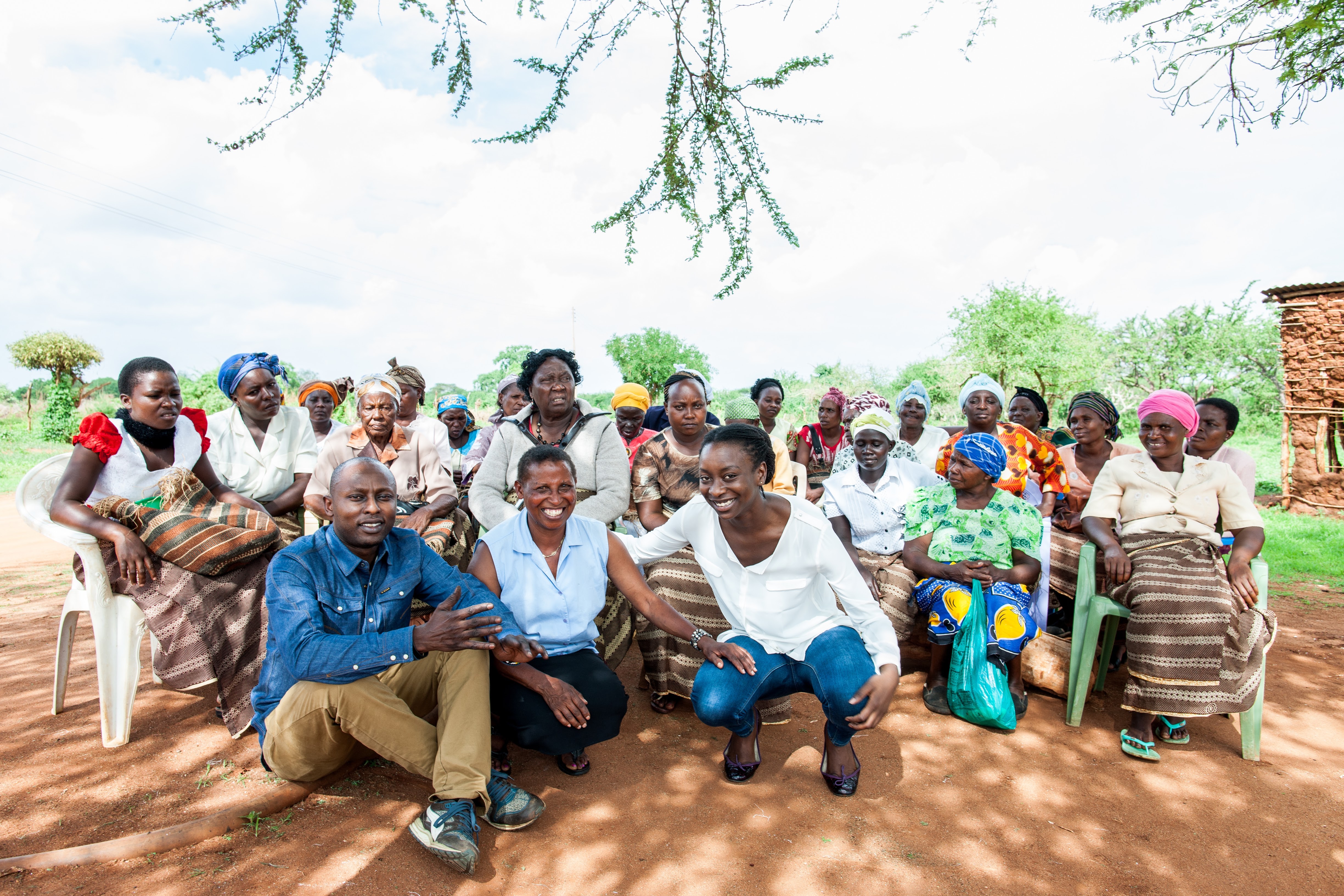We talked to Nairobi entrepreneur Jeffrey Kimathi about how he founded Jamhuri Wear in NYC and why he decided to come back to Kenya for his second venture. He’s also full of helpful advice for any young entrepreneur looking to make their mark in fashion.
When and why did you start Jamhuri?
I launched Jamhuri Wear (JW) in 2003 in New York City. I was inspired to share Africa’s untold stories through the lens of sportswear.
I wanted JW to capture our past; restore our pride; and tell this new story of African progression in modern youth culture. Profiled in Arise magazine, New York Daily News and Rolling Stone, JW has found its way into the closets of Jay-Z, Tom Morello, Lupita Nyong’o, Akon, K’naan and other trendsetters.
How did you finance Jamhuri at the beginning? Did you write a business plan?
In JW’s case, we strapped up on our savings and got the line going. We aimed to do something that was different then and went straight direct to consumer with an online site. We kept our production lean limited and stateside which was so rare then. Everyone back then was going to the big-box stores for orders and that’s where you need to inject capital into inventory and overseas production. We focused on building our own database and customer service which was part and parcel of our business plan.
If you could start your startup again, what would you do differently?
In hindsight, we should have invested more into our competitive advantage and expanded the cultural aspect of the business internationally. We should have invested more on the tech end and told the story with a bigger brush. That was where growth was pointing.
With the influx of fast fashion brands, it became increasingly hard for us to raise funding to access growth in this key areas.
Why did you decide to move to Nairobi?
I relocated back to Kenya to explore the progression of culture and to look at opening possibilities for Jamhuri Wear in the market. We were getting lots of request from our customers to open a retail operation but found that the idea was more complex than we thought.
I learned that it’s not necessarily true that what works in the rest of the world should work in Africa.
We thought we might be adding to the problems caused by fast fashion flooding into second-hand clothing markets. It seemed like a double-edged sword of sorts for us. So we looked at other creative options and that lead to our new venture.
How did the way you do business change when you moved from NYC to Nairobi?
I learned that it’s not necessarily true that what works in the rest of the world should work in Africa. Africa is different in terms of needs and in terms of what solutions will work on the ground. I had to re-learn business etiquette and really challenge myself on my view of life and of how my skills and talents could benefit Africa.
Knowledge of tech and online selling is truly essential for success in this new global market.
Africa presented new challenges, like patchy infrastructure, but also presented us with new technologies to master. M-Pesa for example presented new ways to handle payments so we had to learn how the market operates when it comes to banking.
What advice would you give to a designer with little knowledge of tech and online selling?
I would encourage them to surround themselves or align themselves with partners who posses the abilities they lack. Knowledge of tech and online selling is truly essential for success in this new global market.
How important is it to have contacts in your section of industry and if a young entrepreneur doesn’t have any, what’s your advice?
Just like any industry, the importance of networking and contact building in fashion can and should never be underestimated in your pursuit of a career.
Contacts and relationships can be a life blood in finding everything from sourcing factories, craftsmen, trade information, stylists and human resources.
I will pull from my own experience here. When I decided that this was the industry I wanted to be in, I searched for an internship at a sports wear brand in NYC that I respected (Ecko Untld.) which eventually turned into a full-time job. I encourage and value the idea of internships, surrounding yourself with people who will help you get to where you want to be in life.
You’ve recently started selling luxury, ethically-sourced luggage and bags. How has your business and marketing approach changed compared to when you were selling streetwear?
I have matured has a designer. I have learnt from my prior fashion ventures that I have a greater responsibility than just creating fast products. What matters is a quality product that can do good; touch lives; and take culture further. So naturally that changes how we approach our new business.
We are built on community and encourage conscious consumerism by creating Fairtrade jobs and honouring African women artisans. We help to preserve their craft, promoting environmental sustainability by using unique, durable hand-woven Baobab tree fibre to create the core of our bags and accessories.
Buyu is the definition of an international brand. Weaving centuries-old weaving traditions from Kenya, with the finest American leather, we intend to create an heritage brand that cements its status as an emerging brand with a strong global focus. It will sit side by side with some of the greatest luxury brands but it will also be different: we’ll create an exchange in wealth in our brand experience.
Tweet at @jwkimathi
Look at buyucollection.com


